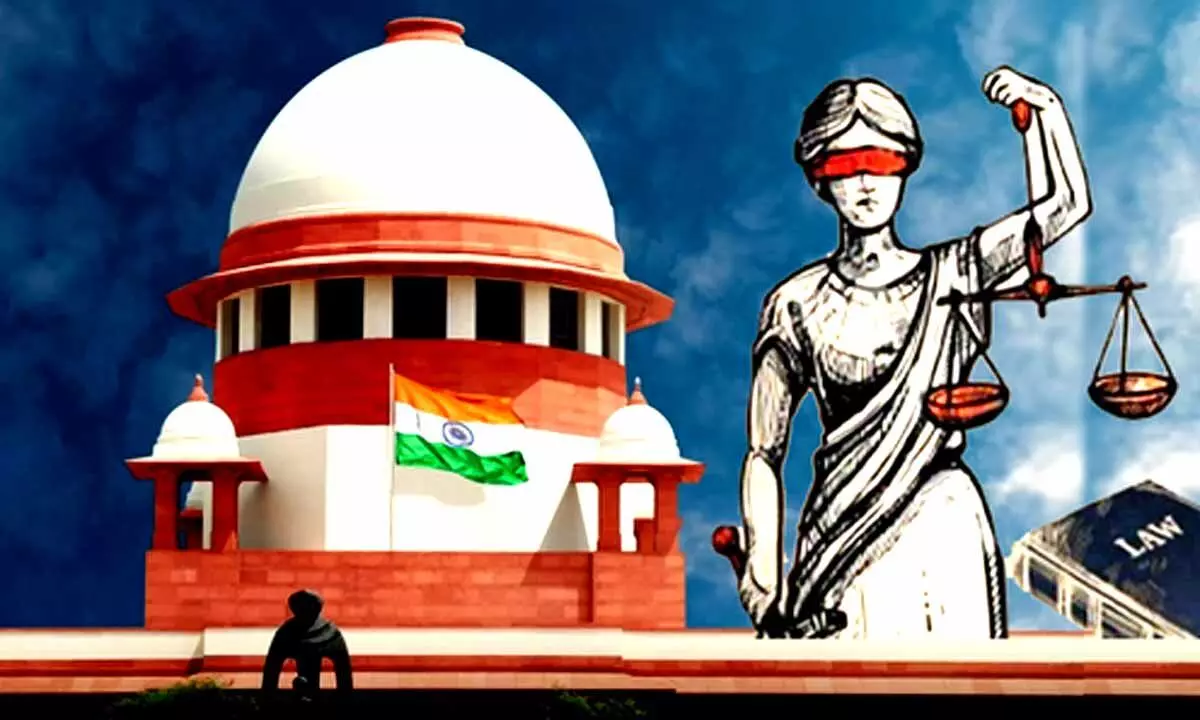Supreme Court Declines To Halt Punjab Panchayat Elections Despite Challenges

Supreme Court of India
- India's Supreme Court refuses to pause ongoing Punjab panchayat elections, citing potential chaos, while addressing concerns over nomination process irregularities and opposition party accusations.
- The court was responding to a petition challenging the Punjab and Haryana High Court's earlier dismissal of multiple pleas against the panchayat polls.
The Supreme Court of India has declined to intervene in the ongoing Punjab panchayat elections, which began on Tuesday. A three-judge bench, led by Chief Justice DY Chandrachud, emphasized that suspending the electoral process at this stage would lead to severe consequences and disorder.
The court was responding to a petition challenging the Punjab and Haryana High Court's earlier dismissal of multiple pleas against the panchayat polls. These pleas raised various issues, including ward demarcation, delimitation, poll symbol grievances, and concerns about the nomination process.
Chief Justice Chandrachud underscored the importance of maintaining electoral integrity, stating, "It's unusual in a democracy where we value elections. Imagine the consequences if someone asked to pause parliamentary elections once polling begins."
The petitioners argued that significant discrepancies in the nomination process threatened democratic principles. However, the court maintained that halting elections after voting had commenced would be unprecedented and potentially destabilizing.
This Supreme Court decision follows the Punjab and Haryana High Court's Monday ruling, which dismissed requests to cancel the panchayat elections due to alleged irregularities. The High Court did, however, mandate videography of the polling process and prohibited the use of party symbols.
Opposition parties have accused the ruling Aam Aadmi Party government of arbitrarily rejecting nominations from their affiliated candidates. The elections, involving approximately 13.3 million voters across 13,937 gram panchayats in Punjab, are proceeding as scheduled despite these controversies.
The Supreme Court's stance reinforces the principle of non-interference in ongoing electoral processes, even as it acknowledges the need to address concerns about electoral integrity through appropriate legal channels.















